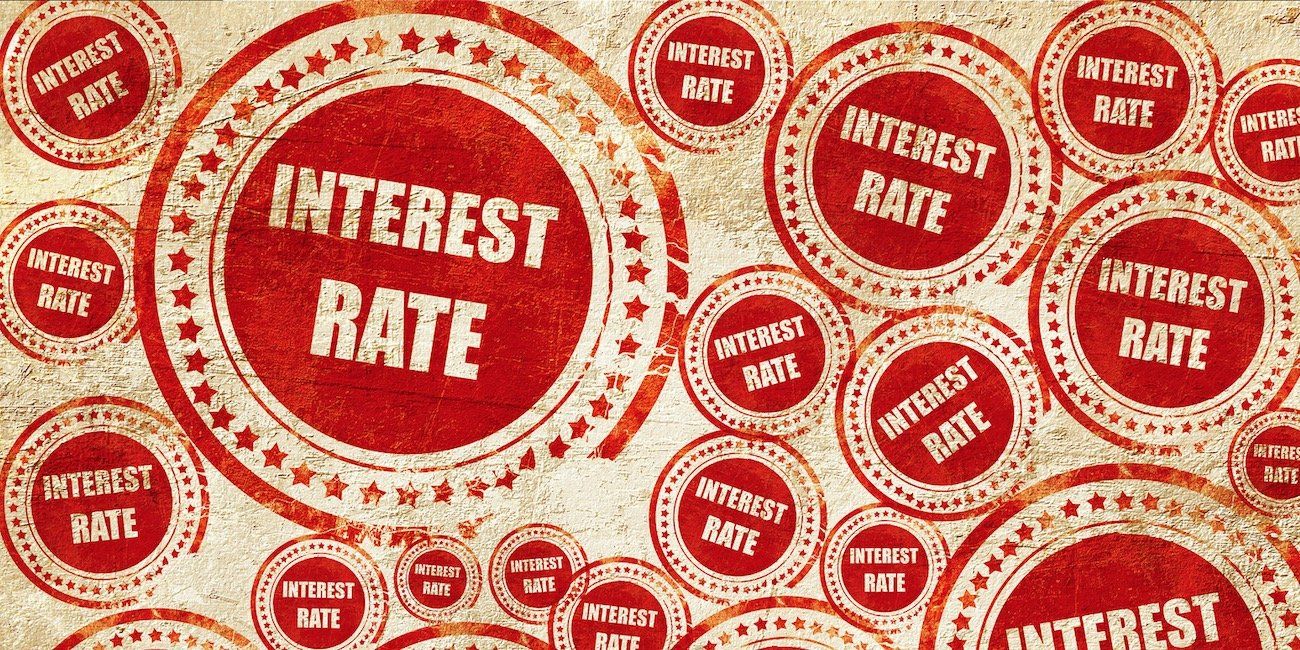Are Rates Finally Going Up?
Well, after many years of unprecedented low interest rates in Canada, it appears the Canadian government by way of rule changes , and the American government by way of Trump, are impacting mortgage rates. Simply put, the Canadian government has recently made it more expensive for banks to lend money, while predictions of the policies that could be implemented by Donald Trump as the new President of the United States has impacted the bond market, which in turn compels lenders to increase rates.
Earlier this month TD announced that they were increasing their TD Mortgage Prime Rate to 2.85%, and if you have already scrolled through your news feed this morning, you will have seen that RBC increased their fixed rate mortgage pricing effective immediately. In typical fashion, it won’t be long until most lenders follow suit and we see increases to mortgage rates across the board. Because let’s face it, banks will use any excuse to make their businesses more profitable.
There is certainly no reason to panic, this seems more like a correction than anything, however, are rates finally heading upwards? It appears that way.
So what does this mean to you? Well… here are some action points.
- If you have a mortgage that renews in the next 6 months, let’s talk, we can look at your options, and determine the best course of action for you.
- If you have been thinking about refinancing your mortgage to access equity, there is no time like the present. Let’s talk.
- If you have been sitting on the fence, considering a venture into the housing market, but aren’t sure… it’s probably a good idea to at least get a pre-approval and hold a rate for up to 120 days. No obligation, but if rates are going up, a rate hold now makes sure you save some money if you decide to make your move.
- If you are thinking to yourself, I have no idea what I should do… it never hurts to get in touch.
As you can see, regardless of your situation, if you have mortgage questions, please don’t hesitate to contact me anytime, I would love to talk through your options and help you figure out a plan that works for you. I’m never too busy for new clients, or to connect with existing clients.
Katherine Martin
Origin Mortgages
Phone: 1-604-454-0843
Email: kmartin@planmymortgage.ca
Fax: 1-604-454-0842
RECENT POSTS


MENU
GET IN TOUCH
550 – 2608 Granville Street
Vancouver, BC.
V6H 3V3
Fax: 1-604-454-0842
DOWNLOAD MY FREE EBOOK
Contact Us
We will get back to you as soon as possible
Please try again later
Katherine Martin. All Rights Reserved.
Privacy & Content Policy




